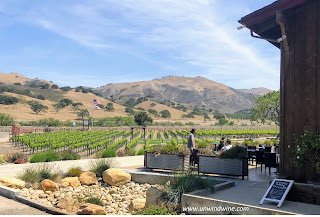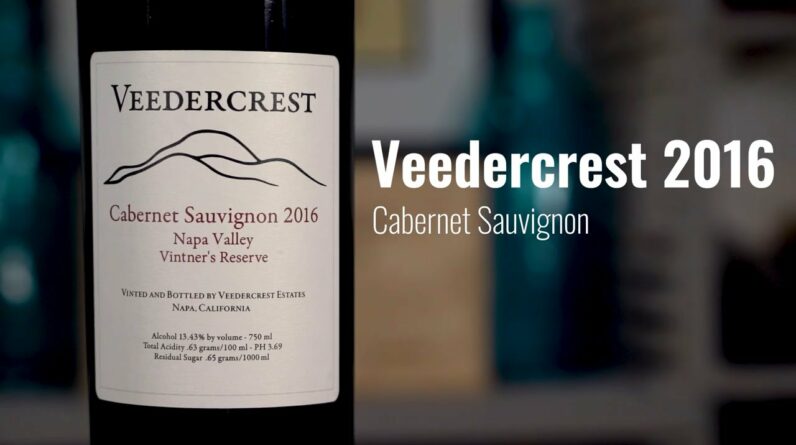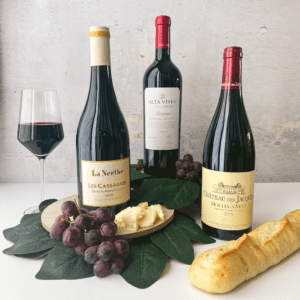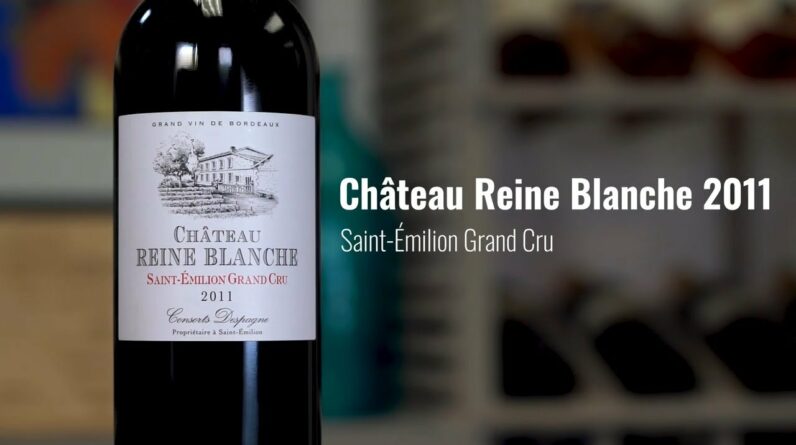What Happens When Winemakers Sell Their Names?
When he sold his eponymous winery, Charles Shaw quickly found out exactly how much his name was really worth.
And when Walter Taylor’s family merged the “Taylor” wine brand with Coca-Cola, the New York State winemaker decided if he couldn’t use the Taylor name on wines produced at his Bully Hill winery, then he would gleefully assume a different identity.
But it was Robert Pepi who came up with the cleverest, most tongue-in-cheek name for his new winery after his first venture — Robert Pepi Winery — was sold and the rights to his name with it.
Don’t Miss A Drop
Get the latest in beer, wine, and cocktail culture sent straight to your inbox.
Shaw, Taylor and Pepi aren’t alone. When American winemakers start a winery, many proudly name it after themselves. And not just using their last name. Often, they add their first name and sometimes a middle name or initials as well — about as eponymous as a winery brand can become. But these winemakers may not have considered what happens if they are forced to sell their winery because of one of the dreaded Ds of disaster: death, debt, or divorce. Because generally, their name is sold with it. Not only does this mean they no longer use their name commercially; the new owner might employ their birthright in embarrassing ways.
But why sell the name rather than just the winery? Often that happens when the buyer is an individual eager to put their own stamp — and a different name — on their new prize. But generally, the buyer is a corporation that owns a portfolio of wineries and sees valuable brand equity in the original name.
That’s what happened in the case of Charles F. Shaw, a young investment banker who saw an unmet market need for a Beaujolais-style wine produced in Napa Valley. Shaw opened his eponymous winery in 1974 with funds from his wife’s inheritance, and his wines were well received. But by the early 1990s, things had turned sour — phylloxera damaged his vineyards, an expensive shipment of barrels was tainted, and he and his wife went through a nasty divorce. By 1992, Shaw was $3 million in debt and filed for bankruptcy.
Enter Fred Franzia, who died this September at 79, and his Bronco Wine Company. Franzia was famous for producing inexpensive jug and box wines and for feuding with those he considered Napa Valley snobs. Franzia had no interest in Shaw’s winery, but he purchased the brand name for a measly $27,000 and held on to it — boasting to a CNN reporter, “We buy wineries from guys from Stanford who go bankrupt,” in reference to Shaw’s alma mater.
Franzia found his chance to strike after the turn of the century when there was a California grape glut, allowing him to buy grapes and unfinished wines for pennies on the dollar. In early 2002, Franzia cut a deal with Trader Joe’s to sell Charles Shaw wines at $1.99 a bottle, prompting an employee to refer to them as “Two Buck Chuck.” Online publications and wine bargain hunters pounced on the story, and Two Buck Chuck became an instant hit nationwide — although wine critics referred to it as “Two Buck Upchuck.” Franzia eventually sold over a billion bottles of Charles Shaw wine, and today it’s still sold at Trader Joe’s, although now its Cabernet Sauvignon has become “Ten Buck Chuck.”
Years later, Shaw returned to his native Michigan and founded a Riesling-based winery called Oerther Vineyard. In 2019, he told a writer for a Stanford alumni magazine, “Financing is difficult, and I’ve been obstinate about not having partners and trying to do it on my own. So we haven’t done very well.”
For years, wineries in upstate New York competed with California in the jug wine market. One of them, a huge family business called the Taylor Wine Company, was purchased in 1976 when Coca-Cola decided to enter the wine business. Shortly after, one of the family members, Walter S. Taylor, put his name on the Bully Hill wine labels in larger font than the winery name and added a portrait of family members. Coke sued him for copyright infringement and won. The verdict prohibited Taylor’s use of family photos, and his name could only appear on the back label.
Following the ruling, Taylor invited the public to the winery and gave them black markers to strike out his name on the labels and draw masks on family members’ photos. Continuing the publicity push for many years, Taylor began referring to himself as “Walter S. Bully” on Bully Hill’s increasingly colorful and humorous labels. By the time Coke decided to exit the wine business in 1983, Taylor was laughing all the way to the bank. He died in 2001, but his Bully Hill winery lives on — as does the Taylor brand. Its Lake Country Red sells for $3 a bottle.
Robert Mondavi was already 53 years old when in 1966 he founded what is one of America’s most famous wineries. For several years, as the business expanded and went public, Mondavi also acquired and partnered with other wineries worldwide. After the turn of the century, the Robert Mondavi brand ran into its own financial difficulties, and the winery and its name were sold to Constellation Brands in 2004.
Mondavi died four year later at 95, but he has a grandson who shares his name — Robert Mondavi Jr., known as Rob. Today, Rob Mondavi continues to make his own wine, but not under his own name brand, and with his father Michael under the eponymous banner of Michael Mondavi Family Estate of which he is president.
Of course, not all eponymous wine ventures end poorly — especially if the founder passes the winery along to his family, as Louis M. Martini did when he died in 1974. When later generations tired of the wine business in 2002, they sold it to Gallo, and the name lives on.
And the eponymous transfer is easier if only a last name is involved. Somewhat ironically, Richard Arrowood sold his Arrowood winery to Robert Mondavi in 2000, and it is now owned by Jackson Family Wines. Arrowood continued to make wines as “Amapola Creek by Richard Arrowood” until retiring in 2019.
Jackson Family also has its own eponymous winery in Mendocino County, but it’s not named after anyone in the immediate family. Rather, Barbara Banke, co-founder of the business with her late husband Jess, shared Jess’s love of thoroughbred horses and named the winery after one of her favorites — a filly named Maggy Hawk.
Robert Sinskey founded his eponymous winery in 1986 with his father, a prominent ophthalmologist. “The original Robert Sinskey was my father,” Sinskey said in a recent interview. “I tried my best to get him to not use our name. My argument then, as it is now, is that winegrowing and winemaking is a team effort. I would hesitate selling my name, but if I had a do-over, I would have created a fanciful name similar to one of our wines like Abraxas, Orgia, POV, Capa, Vandal, Marcien — anything but Robert Sinskey!”
And then there is Robert Pepi, who founded a Napa Valley winery with his father in 1980. “His name was also Robert, but we each had a different initial,” Pepi says. “We called the winery Robert Pepi almost by default because we couldn’t think of a better name.” Years later, the two had a temporary misunderstanding, resulting in the elder Pepi selling the winery and the Robert Pepi name to Jackson Family in 1994.
“They called the wine just Pepi for a while,” he says, “then they sold the brand to Golden State. I thought about buying the name back, but I was sure it would have been expensive to do so.” Anyway, he says, he had an urge to consult with other wineries, which he still does. The desire to own his own winery remained, but he had time to think about what to call it when it opened in 2000.
“Since Robert Pepi was already taken,” Pepi says, “I did the next best thing. I called my new winery Eponymous Wines.”









